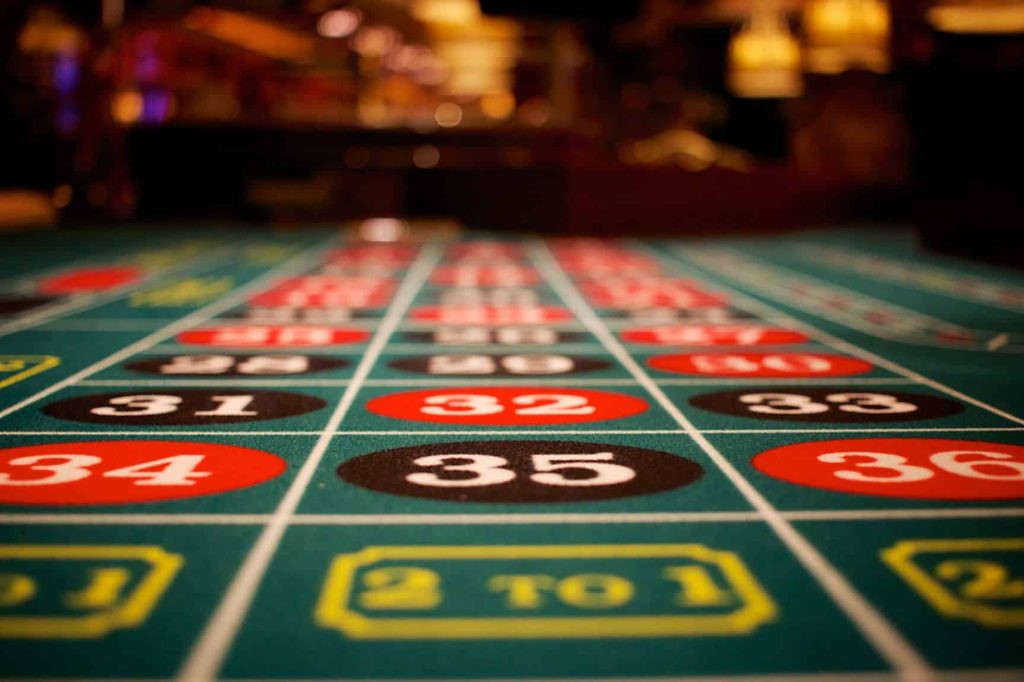Gambling has altered from a distinct segment hobby to a worldwide cultural phenomenon, encompassing a varied variety of platforms, styles, and communities. The development of gaming products, from the first times of pixelated artwork to the cutting-edge systems of today, reflects the industry’s continuous pursuit of innovation. Consoles, PCs, and cellular devices are becoming gateways to electronic realms that captivate players with gorgeous pictures, complicated storylines, and immersive gameplay experiences. The increase of esports has more elevated gaming into a spectator sport, with skilled players and arranged tournaments pulling substantial audiences, both online and in physical arenas.
Esports, particularly, has changed into a billion-dollar business, showcasing the competitive spirit inherent in gaming. Games like Group of Stories, Dota 2, and Counter-Strike: Global Bad order international audiences, with devoted lover basics supporting a common groups and players. The merging of traditional activities and gaming is visible in the formation of esports leagues and relationships between gaming organizations and key sports franchises.
The social aspect of gaming is really a defining quality of the culture. On the web multiplayer activities have developed electronic neighborhoods where players from all over the world may connect, collaborate, and compete. Gaming systems like Twitch have made gambling into an application of entertainment, with people live-streaming their gameplay and participating with audiences in real-time. This conversation has confused the lines between makers and consumers, fostering a feeling of community and camaraderie.
Gaming’s impact extends beyond entertainment, influencing different facets of common culture. Heroes from video games have become social icons, and businesses like Mario, Lara Croft, and Master Fundamental are recognized globally. The storytelling power of games has reached cinematic levels, with narratives that competitor these within shows and literature. Games such as for example The Last of People, Red Useless Redemption 2, and Ultimate Fantasy series are lauded because of their compelling storytelling and emotional depth.
The industry’s embrace of emerging technologies, such as virtual reality (VR) and increased reality (AR), has exposed new frontiers in gambling experiences. VR immerses people in lifelike situations, while AR overlays electronic aspects onto actuality, making involved and modern gameplay. These systems promise to revolutionize just how players engage with and knowledge games.
Gaming’s effect on various fields, including education, intellectual health, and technology, is now significantly evident. Gamification has been used to make learning more participating, and critical games tackle real-world problems while providing entertainment. Reports also discover the healing advantages of gaming, with some games made to alleviate strain, improve cognitive functions, and foster social connections.
The gambling industry’s cultural responsibility is under scrutiny, particularly regarding 2up issues such as for instance inclusivity, range, and representation. Initiatives are increasingly being made to generate more inclusive spaces within the gambling community, handling sex and cultural diversity. Developers are becoming more conscious of the influence their games have on culture and are positively working to produce more diverse and representative content.

While the gambling business continues to evolve, it faces challenges such as for example honest concerns, sustainability, and the balance between immersive experiences and the well-being of players. However, the national significance and financial affect of gaming can not be denied. It has changed into a powerful and multifaceted region, shaping how persons join, digest amusement, and interact with technology. As a navigates these issues, gaming remains a robust power that links the virtual and actual worlds, shaping the way in which we enjoy, join, and experience stories.
